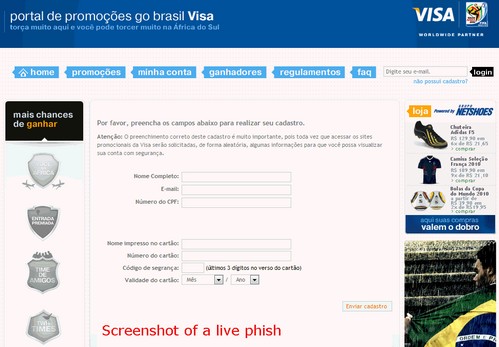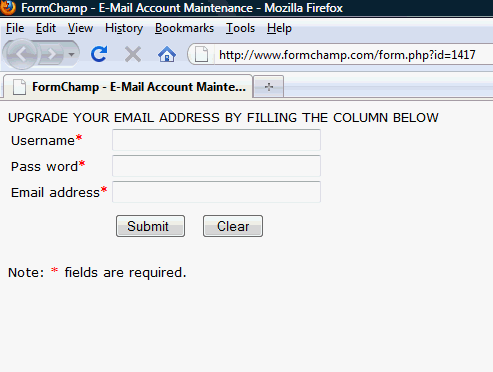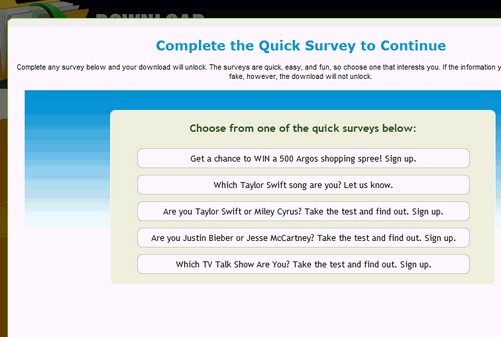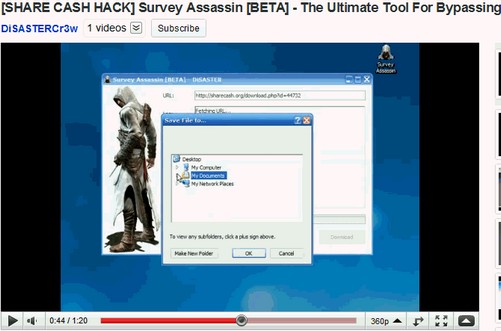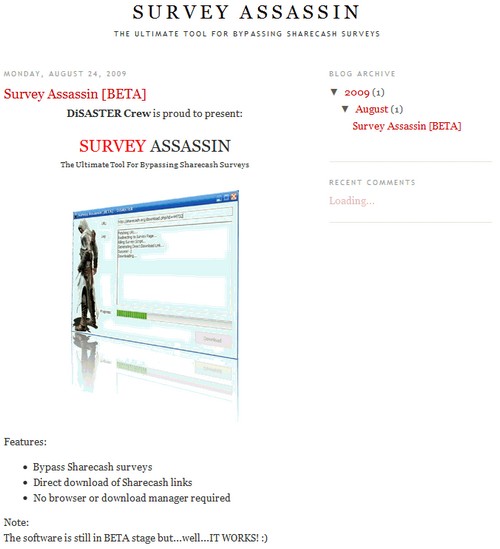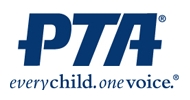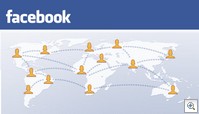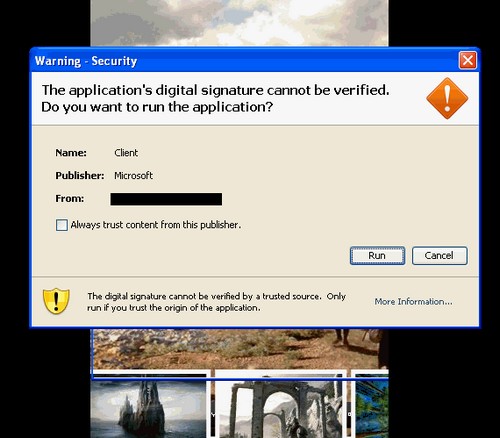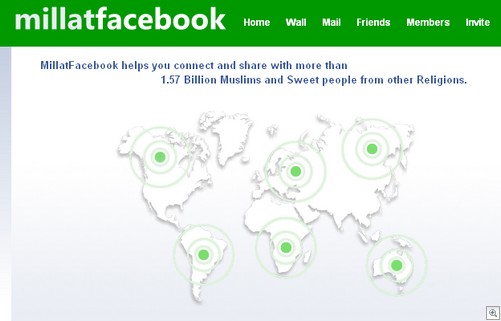“Violent video games are like peanut butter”
For tens of millions of people worldwide, video gaming – on consoles, PCs, phones or online – is a big piece of life. For those not close to the gaming scene it might be hard to understand how captivating that world is for the enthusiasts. Everybody in every region of the planet with electricity appear to be asking the question: “is it really good for you to spend so many hours playing those games?” Researchers and commentators have been taking a hard look at the good and bad mental health aspects of gaming.
Violent Video Games May Increase Aggression in Some But Not Others, Says New Research
American Psychological Association this month published a special issue of its Review of General Psychology devoted to the effects of video games. Some of the articles:
(Video games as learning tools)
— “Video games serve a wide range of emotional, social and intellectual needs, according to a survey of 1,254 seventh and eighth graders. The study’s author, Cheryl Olson, PhD, also offers tips to parents on how to minimize potential harm from video games (i.e., supervised play, asking kids why they play certain games, playing video games with their children).”
— “Commercial video games have been shown to help engage and treat patients, especially children, in healthcare settings, according to a research review by Pamela Kato, PhD. For example, some specially tailored video games can help patients with pain management, diabetes treatment and prevention of asthma attacks.”
— “Video games in mental health care settings may help young patients become more cooperative and enthusiastic about psychotherapy. T. Atilla Ceranoglu, M.D., found in his research review that video games can complement the psychological assessment of youth by evaluating cognitive skills and help clarify conflicts during the therapy process.”
(Games and violence)
— Christopher J. Ferguson, PhD, of Texas A&M International University and guest editor of the issue, found “Recent research has shown that as video games have become more popular, children in the United States and Europe are having fewer behavior problems, are less violent and score better on standardized tests. Violent video games have not created the generation of problem youth so often feared.”
He said, “violent video games are like peanut butter. They are harmless for the vast majority of kids but are harmful to a small minority with pre-existing personality or mental health problems.”
— Patrick Markey, PhD, found that a combination of personality traits can help predict which young people will be more adversely affected by violent video games.
He used the most popular psychological model of personality traits – the Five-Factor Model – to examine the effects. The five traits in the model are: neuroticism, extraversion, openness to experience, agreeableness and conscientiousness.
“Analysis of the model showed a ‘perfect storm’ of traits for children who are most likely to become hostile after playing violent video games, he said. Those traits are: high neuroticism (e.g., easily upset, angry, depressed, emotional, etc.), low agreeableness (e.g., little concern for others, indifferent to others feelings, cold, etc.) and low conscientiousness (e.g., break rules, don’t keep promises, act without thinking, etc.)”
Chinese Boot Camp Prison Break
On the GamePron.com blog, someone writing under the name Jessica Citizen relates a story in which 14 “patients” (ages 15-22) of the Huai’an Internet Addiction Treatment Centre in east China’s Jiangsu province tied up their supervisor and escaped from the facility. They tried to take a taxi to a nearby town, but since they had no money and were dressed in identical uniforms, the taxi driver turned them in to police.
The story quotes the mother of the ringleader as saying that she had paid 18,000 yuan ($2,635 US) for six months of treatment for her son.
Chang Ping on how “Internet addiction disorder” is a joke
Not everyone in China agrees that treating “Internet Addiction” is sound medicine.
The Danwei.org site ran a story last year about Chang Ping, an editorial writer who has been critical of China’s use of extreme methods such as electro-shock therapy (discontinued last year) to cure young people of “Internet addiction.”
In an article entitled “Where has the debate on Internet addiction gone?” he wrote:
“The Ministry of Health has stopped using electro-shock therapy to cure ‘Internet addiction’ and the many young people who adore using the Internet will no longer be threatened by ‘computers,’ and they are ecstatic. But, perhaps they didn’t look at the notice too closely: it stated that the safety concerns of electro-shock therapy cannot be determined and its effectiveness cannot be defined. What this really means is that they are announcing a different standard for treating Internet addiction, and the officials will still decide that ‘Internet addiction’ is a kind of disease.
“Like most medical terms, ‘Internet addiction disorder’ was imported. The difference is, when it started it was a joke. In 1995, a mental illness doctor from the US, Ivan Goldberg, mocked the Diagnostic and Statistical Manual of Mental Disorders and its standard description of gambling addiction, and created Internet Addiction Disorder, IAD. He didn’t predict that this would be used seriously when his colleagues liked the term and it quickly proliferated in the media.”
Tom Kelchner
